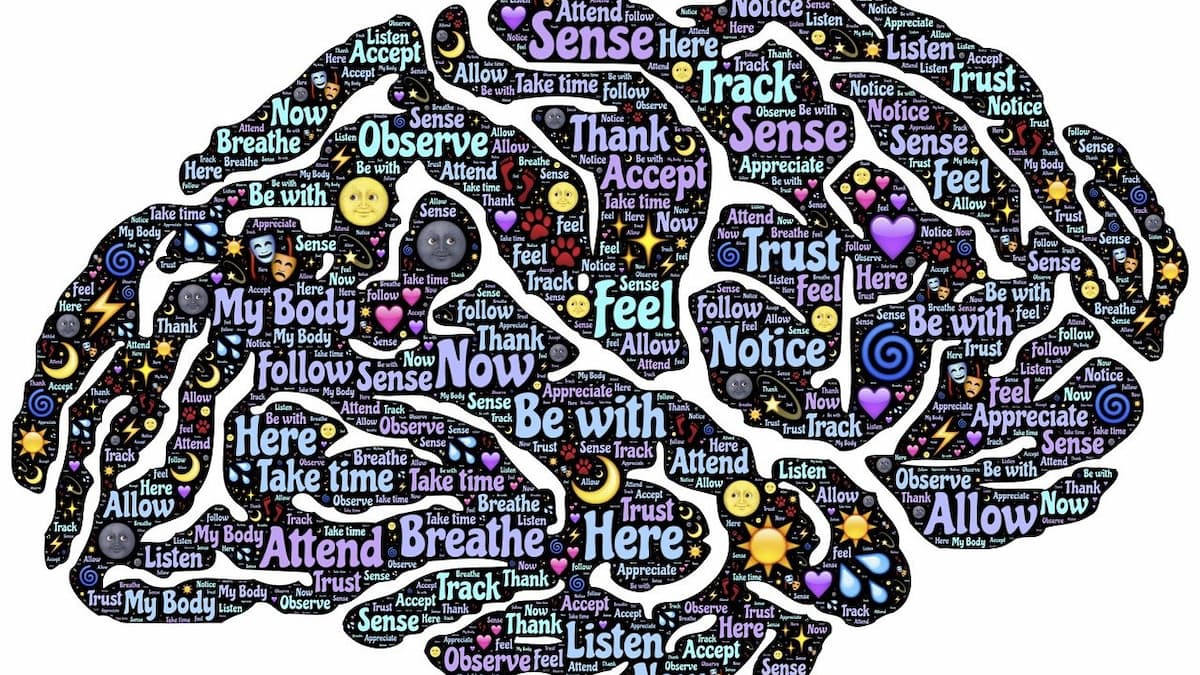Introduction
In the pursuit of comprehensive well-being, the practice of yoga has emerged as a powerful tool not only for physical fitness and stress management but also for enhancing cognitive function and mental acuity. While yoga is celebrated for its transformative impact on the body and spirit, its influence on cognitive abilities and mental clarity is increasingly recognized in scientific research. This article explores the cognitive benefits of yoga, highlighting how various elements of yoga practice contribute to improved brain health, enhanced cognitive performance, and overall mental agility.
The Mind-Body Connection
The underlying philosophy of yoga emphasizes the interconnectedness of the mind, body, and spirit. Through the integration of breath control, physical postures (asanas), meditation, and mindfulness, yoga serves as a holistic discipline that not only nurtures physical well-being but also nurtures mental clarity and cognitive function. The mindful awareness cultivated in yoga practice encourages an enhanced connection between body and mind, promoting mental focus, emotional resilience, and cognitive flexibility.
Cognitive Benefits of Yoga
Scientific studies have delved into the cognitive benefits of yoga, shedding light on its potential to enhance various aspects of cognitive function. Research has demonstrated that regular yoga practice may contribute to improvements in memory, attention, and processing speed. The meditative aspects of yoga, such as focused breathing and mindfulness techniques, have been shown to support emotional regulation and stress reduction, factors that are integral to optimized cognitive performance.
Neuroplasticity and Yoga
Neuroplasticity, the brain’s remarkable ability to reorganize and adapt in response to experiences and stimuli, is a key concept in understanding the impact of yoga on cognitive function. Yoga practices that involve mindful movement, balance, and coordination stimulate neuroplasticity, potentially leading to enhanced brain connectivity and neural efficiency. These physical and mental exercises within yoga can enhance cognitive reserve and contribute to long-term brain health.
Meditation and Brain Health
The meditative components of yoga, particularly the practice of mindfulness meditation, have been a focal point of scientific inquiry into the relationship between yoga and cognitive function. Studies suggest that regular meditation may lead to structural and functional changes in the brain, including increased gray matter density in regions associated with memory, learning, and emotional regulation. These neural adaptations may underpin the observed improvements in cognitive abilities among individuals engaged in meditation-based yoga practices.
Yoga for Cognitive Aging and Brain Resilience
As the population ages, there is growing interest in interventions that support healthy cognitive aging and mitigate the risk of cognitive decline. Yoga is emerging as a promising avenue for promoting brain resilience and cognitive vitality in the aging population. Research indicates that yoga may offer cognitive benefits for older adults, potentially reducing the impact of age-related cognitive changes and contributing to sustained mental acuity.
Improved Mental Clarity
Yoga practices, such as meditation and mindfulness, can enhance mental clarity by calming the mind and reducing mental chatter. By focusing on the present moment, individuals can experience greater mental clarity and improved concentration, leading to heightened cognitive function and decision-making ability.
Stress Reduction
Yoga is effective in reducing stress levels, which can have a profound impact on cognitive function. By lowering stress and anxiety, yoga can improve mental resilience, problem-solving skills, and emotional regulation, leading to better cognitive performance and overall mental well-being.
Emotional Regulation
The mindfulness and self-awareness cultivated in yoga can lead to improved emotional regulation, thereby enhancing cognitive abilities such as decision-making, empathy, and interpersonal relationships. By fostering emotional balance, yoga contributes to a more stable and focused cognitive state.
Mental Wellness
Practicing yoga can have profound effects on mental well-being. The combination of physical postures, breathwork, and meditation in yoga promotes relaxation, reduces stress and anxiety, and enhances overall mental clarity. Studies have shown that regular yoga practice can lead to improved mood, decreased symptoms of depression and anxiety, and increased feelings of calm and emotional balance. Also, by fostering mindfulness and self-awareness, yoga offers a holistic approach to enhancing mental wellness, supporting mental resilience, and promoting a positive outlook on life.
Conclusion
The amalgamation of physical postures, breathwork, meditation, and mindfulness in yoga creates a comprehensive framework for nurturing cognitive function and mental clarity. Moreover, by nurturing the mind-body connection and fostering neural plasticity, yoga holds potential as a holistic approach to optimizing cognitive performance and supporting brain health across the lifespan. Embracing yoga as a tool for enhancing cognitive function not only enriches individual well-being but also offers a powerful testament to the enduring influence of this ancient practice on the modern understanding of brain health and cognitive vitality.



